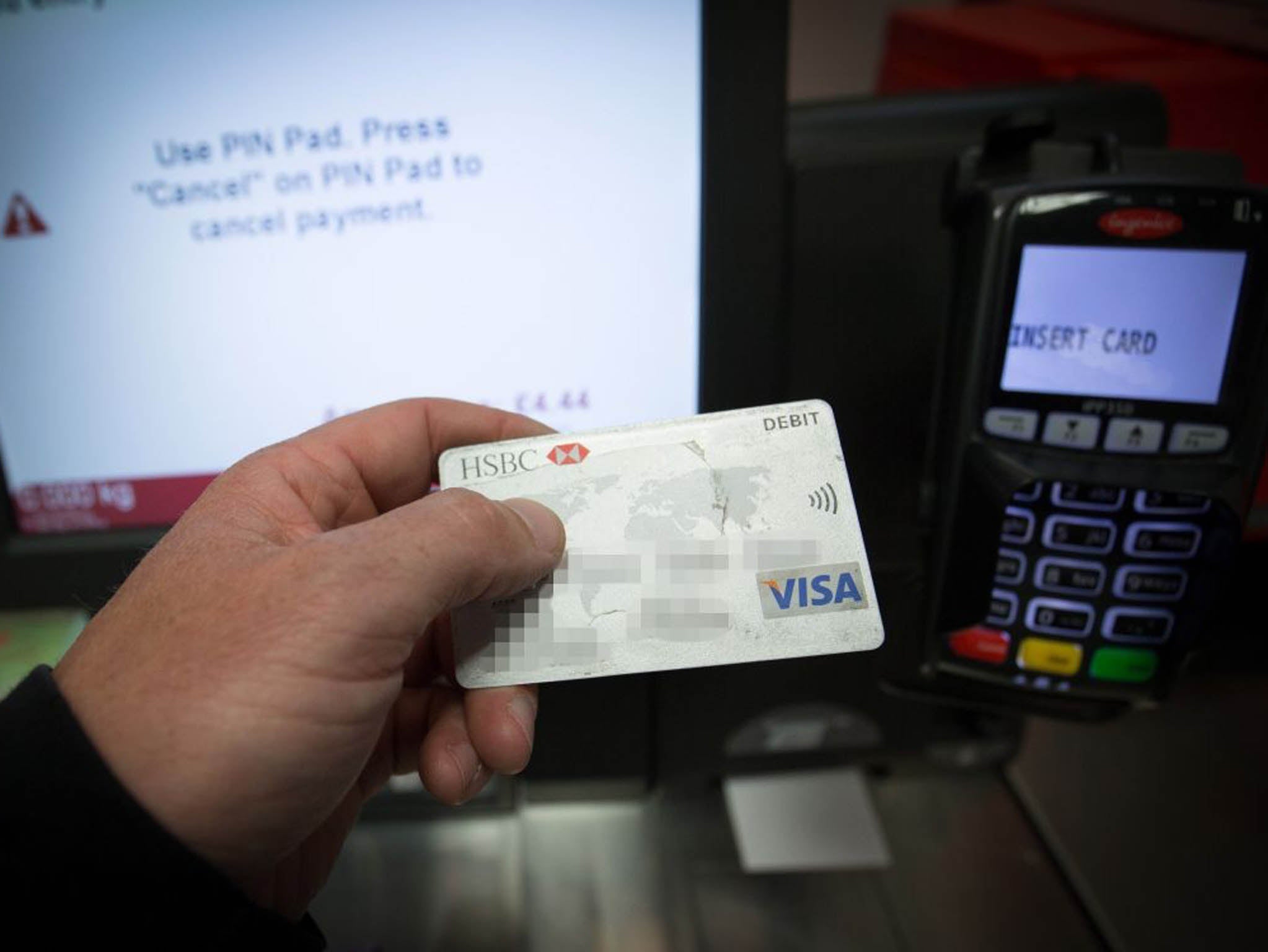Why I won’t celebrate the idea of a cashless society
The Royal Mint and the Bank of England made a big mistake by designing small coins for small amounts of money


Your support helps us to tell the story
From reproductive rights to climate change to Big Tech, The Independent is on the ground when the story is developing. Whether it's investigating the financials of Elon Musk's pro-Trump PAC or producing our latest documentary, 'The A Word', which shines a light on the American women fighting for reproductive rights, we know how important it is to parse out the facts from the messaging.
At such a critical moment in US history, we need reporters on the ground. Your donation allows us to keep sending journalists to speak to both sides of the story.
The Independent is trusted by Americans across the entire political spectrum. And unlike many other quality news outlets, we choose not to lock Americans out of our reporting and analysis with paywalls. We believe quality journalism should be available to everyone, paid for by those who can afford it.
Your support makes all the difference.The Bank of England says that ditching our small change – specifically 1p and 2p coins – would have no adverse effects on the economy. How many of us collect irritating small change in old jam jars and broken dishes, saving for charity boxes? I loathe the stupidly small 5p piece the most, and always dump them in an old ashtray until there’s enough to buy a newspaper.
The Royal Mint and the Bank of England made a big mistake by designing small coins for small amounts of money – in many other countries, low-value coins are the largest, and easy to use and find in your pocket when purchasing everyday stuff.
We are gradually moving towards a cashless society, fuelled by swipe cards, and in the UK only 3 per cent of all spending is now in cash. As a result, we have huge credit card debts because of the disconnect between easy spending and real money.
Personally, I would dump the 5p coin, the 1p and the 2p coin and bring back the lovely old threepenny bit, which was culled in 1970. The cost of minting would be offset by the reduction in household debt, and supermarkets would be ordered to offer discounts to shoppers who paid their bills in cash. That way, you don’t exceed your limit and stick to what you can afford. Sadly, I’m not running the economy – yet!
Join our commenting forum
Join thought-provoking conversations, follow other Independent readers and see their replies
Comments